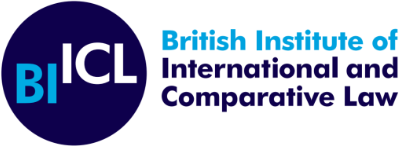
1. Causes of Action
F. Fraud Laws
3. RELEVANT DEFINITIONS AND ESSENTIAL ELEMENTS
'Fraud' is one of the most used terms to express wilful deceit by an individual or an entity. It can be understood as an 'intentional perversion of truth to induce another to part with something of value or to surrender a legal right', an 'act of deceiving or misrepresenting'.[3] Black law defines fraud as 'all multifarious means which human ingenuity can devise, and which are resorted to by one individual to get an advantage over another by false suggestions or suppression of the truth. It includes all surprises, tricks, cunning or dissembling, and any unfair way which another is cheated.'[4] For the purpose of litigation and codification of domestic law, the relevant definition and essential elements (as applicable in various jurisdictions) are defined by the respective legal system. As defined by Cornell's Wex definitions team, fraud can be civil as well as criminal in nature -'it is both, a civil tort and a criminal wrong'.[5] Wex further states, 'In civil litigation, allegations of fraud might be based on a misrepresentation of fact that was either intentional or negligent [...]. A claim for fraud based on a negligent misrepresentation differs in that the speaker of the false statement may have actually believed it to be true; however, the speaker lacked reasonable grounds for that belief.' [...] 'In criminal law, fraud usually takes very specific forms, such as bankruptcy fraud, credit card fraud, or healthcare fraud.'
Fraud in climate change litigation manifests itself as per the codification of each domestic law. In common law jurisdictions, fraud cases can be typically brought by claims on the grounds of torts (see sections of negligence, fraudulent misrepresentations). In civil law jurisdictions, in addition to tort laws, climate and environmental cases can be brought various provisions of law that have been codified under specific legislation. As such, in the current context, countries like Germany, Poland, the Philippines, the Netherlands, Japan, and Brazil have provisions adjudicating fraud under criminal laws, civil laws, consumer laws, environmental crime laws, and anti-corruption laws, among others.
